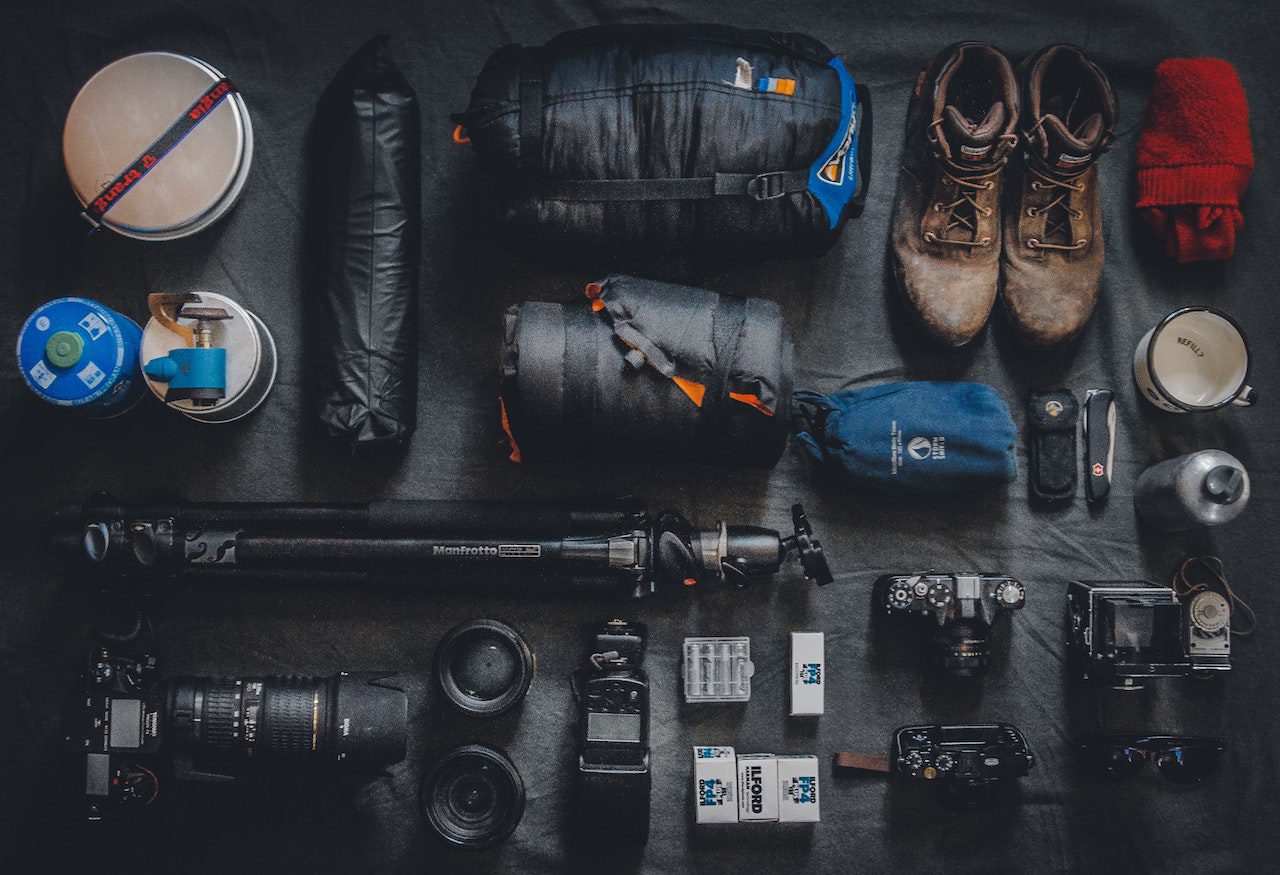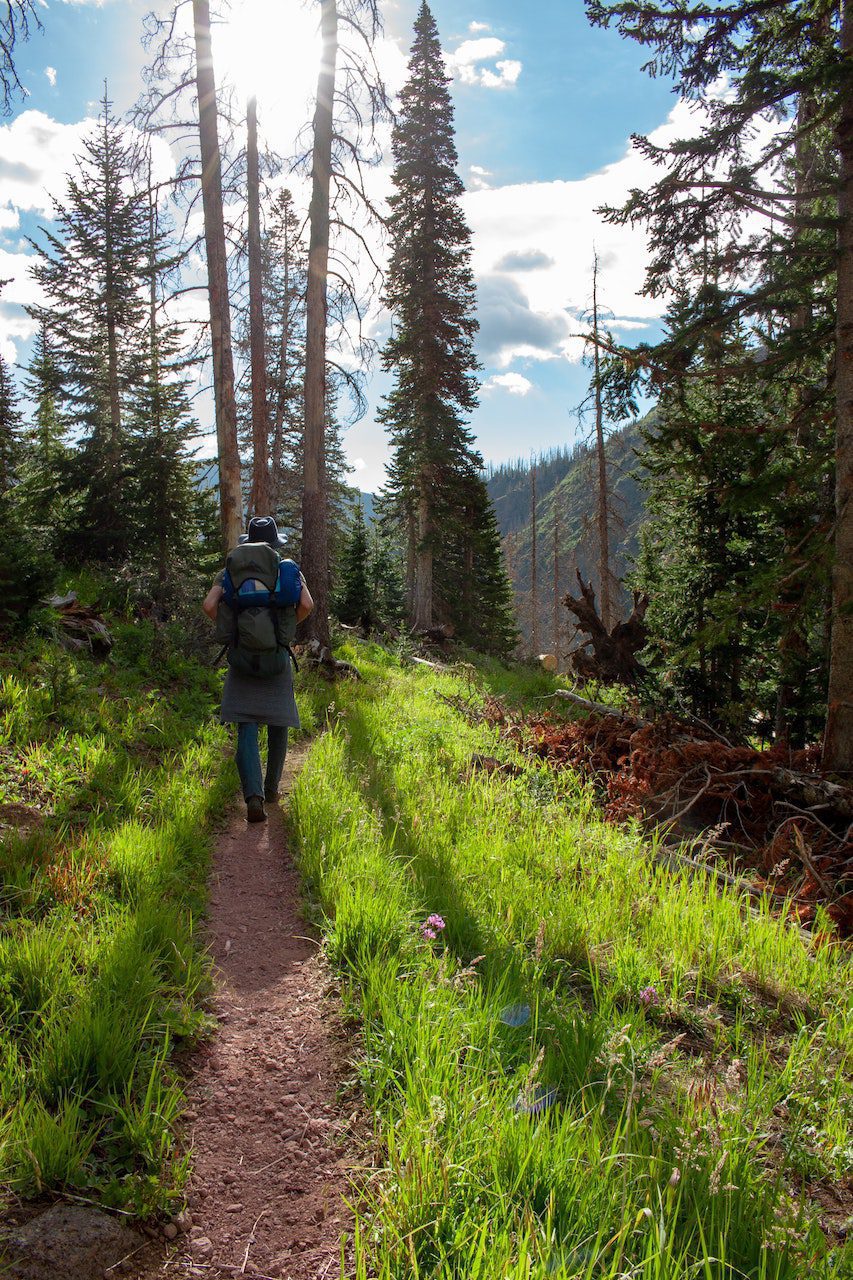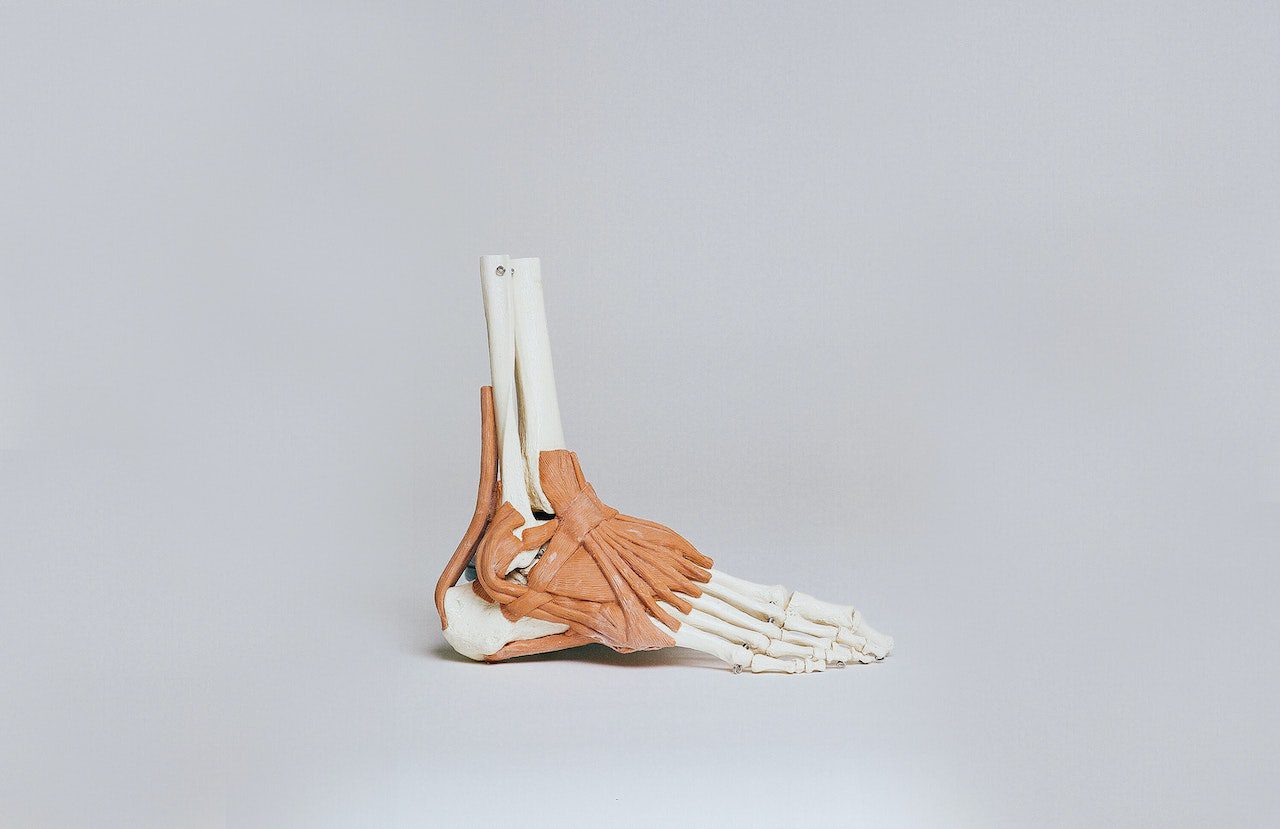
Is Backpacking Alone Dangerous? 9 Tips For Solo Backpacking
Since I set out on my van life adventure, I have been almost exclusively going on backpacking trips by myself, so much so that many of my New Yorker friends frequently ask, “is backpacking alone dangerous?”
In short, yea, it can be. Like any outdoor sport, the amount of danger and risk depends on your skill level and the difficulty of the activity you are doing. Doing a double black diamond ski run is dangerous if you’ve never skied before, but the same run would be a cakewalk for an Olympic-caliber skier.
The same applies to backpacking. The danger associated with each backpacking trip greatly depends on the trip type and the individual hiker’s skills. If you are brand new to hiking and don’t even have the necessary gear for a backpacking trip, your first trip shouldn’t be a solo one.
Let’s dive into the nitty gritty of what some of the dangers of backpacking alone are, when you should go on your first solo backpacking trip, and some tips for your first solo backpacking trip.
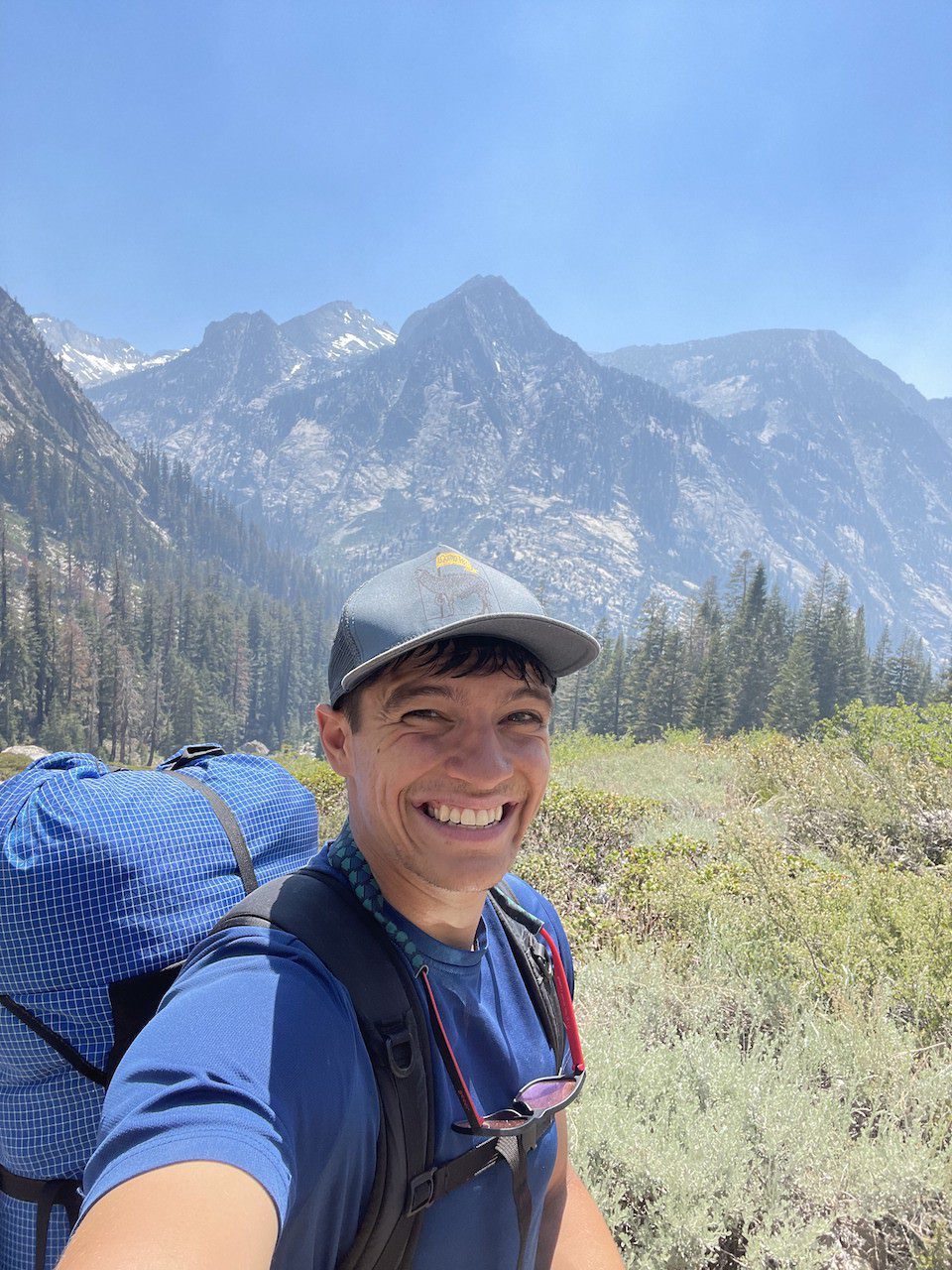
Why Can Backpacking Alone Be Dangerous
Backpacking alone can be dangerous because if you are not entirely self-sufficient when out on the trail, you can find yourself in hot water fast. When backpacking alone, you don’t have the luxury of forgetting an essential piece of gear or not knowing crucial skills like navigation or water filtration. You are alone and do not have other people to rely on for any situation you encounter on your trip. It is all on you.
A solo backpacking trip isn’t something that should be done on a whim. It requires diligent preparation, proficient outdoor skills, and practice.
When Should You Go On A Solo Backpacking Trip
Before you go on a solo backpacking trip, you should make sure you have the following:
- Proper gear
- Solid outdoor skills, including but not limited to:
- Navigation with a map and compass
- Know how to carry and filter water. To learn more, check out my post, “How To Carry And Treat Water When Backpacking Or Hiking.”
- know how to set up a shelter
- Basic first aid
- Know how to store food while backpacking if you want to learn more, check out my article.
- Thorough knowledge of the leave no trace principles.
- Several backpacking trips under your belt
- Adequate fitness for your intended route.
9 Tips For Solo Backpacking For The First Time:
If you have your backpacking skills down pat and have already gathered a bunch of experience backpacking, here are a couple of tips that will help make your first solo backpacking trip fun and safe!
#1. Have A Gear Checklist And Take Your Time Packing
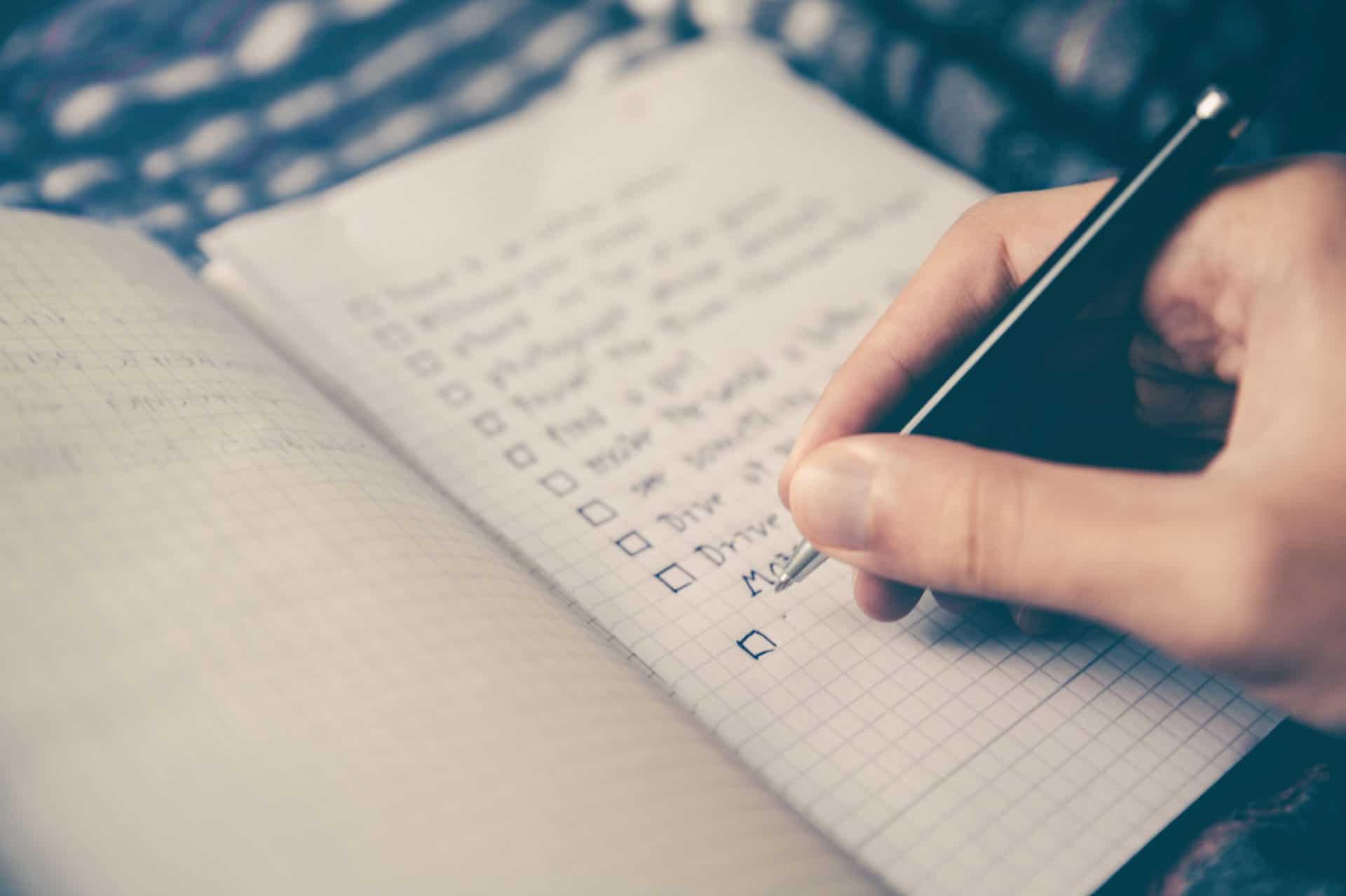
Like I said, having the right gear is essential for any backpacking trip. But if you can be forgetful like me, make sure you have a gear checklist and take your time when packing. A solo backpacking trip is not the time to be forgetful.
#2. Make Sure Your Are Physically Fit For Your Planned Route
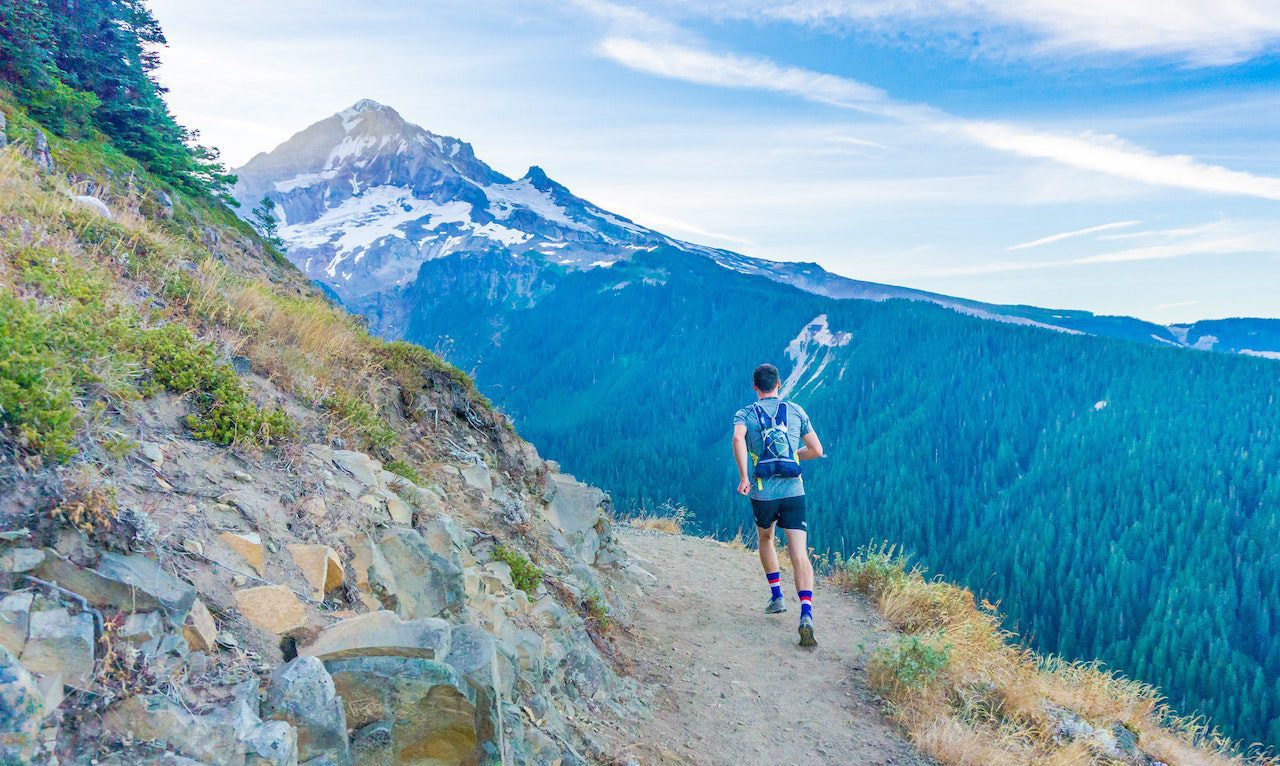
As with any backpacking trip having the proper fitness is an absolute must, and it is even more critical when you are going solo. You do not want to find out you are not in proper shape for your trip halfway through. That would be miserable. Properly prepare and train for your hike, so you can enjoy your time and aren’t struggling for days on end.
#3. Tell Someone Your Trip Information:
Every time you head into the backcountry, you should tell someone your trip details. I typically always let my mom know the following information before I go on a solo backpacking trip:
- What park I’m in
- When I am entering the park
- When I am exiting the park/when she should expect to hear back from me.
- My route itinerary
- The ranger station number and when to call them, i.e., If I’m not back by so and so date, contact the ranger station and let them know I have been in the park later than intended.
#4. Consider Canceling Your Trip If Expecting Inclement Weather
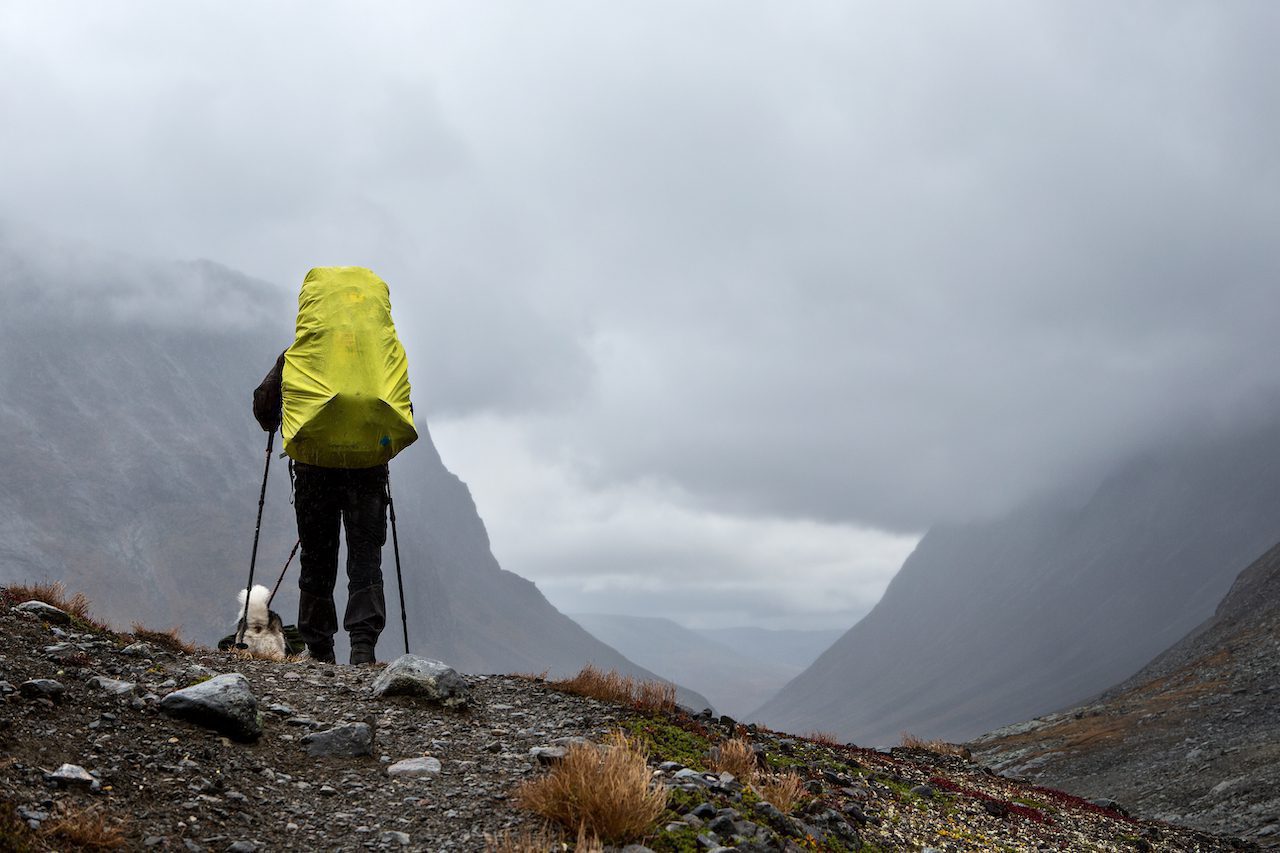
Backpacking is a strenuous activity, and inclement weather can only serve to complicate things. If you are new to solo backpacking and see a forecast of bad weather, such as multiple days of rain or snow, it may be best to hold off until better weather comes around.
The reason being is that inclement weather makes every aspect of the trip more difficult, from following the trail to setting up shelter, and it may be best to avoid it if it is your first time backpacking alone. Safety first! The trail isn’t going anywhere.
#5. Consider A Shorter Trip:
If you are a newbie to solo backpacking, consider making your first trip an easier one. You can start with an overnighter and can build off of that. By starting slow, you can gradually build your confidence in hiking alone.
#6. Research Trip Reports On Your Planned Itinerary:
Before heading out, be sure to look at trip reports and comments about the trail you are about to hike so you are aware of any detours or difficulties you may encounter during your trek. This is especially important if hiking either earlier or later in the season because trip reports can give crucial information such as bridge washouts, downed trees, or heavy snow coverage.
Park rangers are another excellent resource for getting up-to-date trail information.
#7. Have A Bailout Plan:
If you are hiking solo in a park, it is a good idea to have some bailout plan to exit the route from a location different from your planned one. This can come in handy if you face injury, fatigue, or dangerous trail conditions during your trip.
While it is certainly not an ideal way to end a backpacking trip, having a bailout option can give you peace of mind during your hike should an emergency arise.
#8. Consider Bringing A GPS Device
Let me start by saying that this does NOT replace a map and compass, but they come in handy. I use the Garmin Fenix 6 Pro watch and love it. That watch helped me and my friend Joe tackle sections of the snow-covered Wonderland Trail and situations where I got off the trail when hiking the Tour Du Mont Blanc.
#9. Bring Some Entertainment
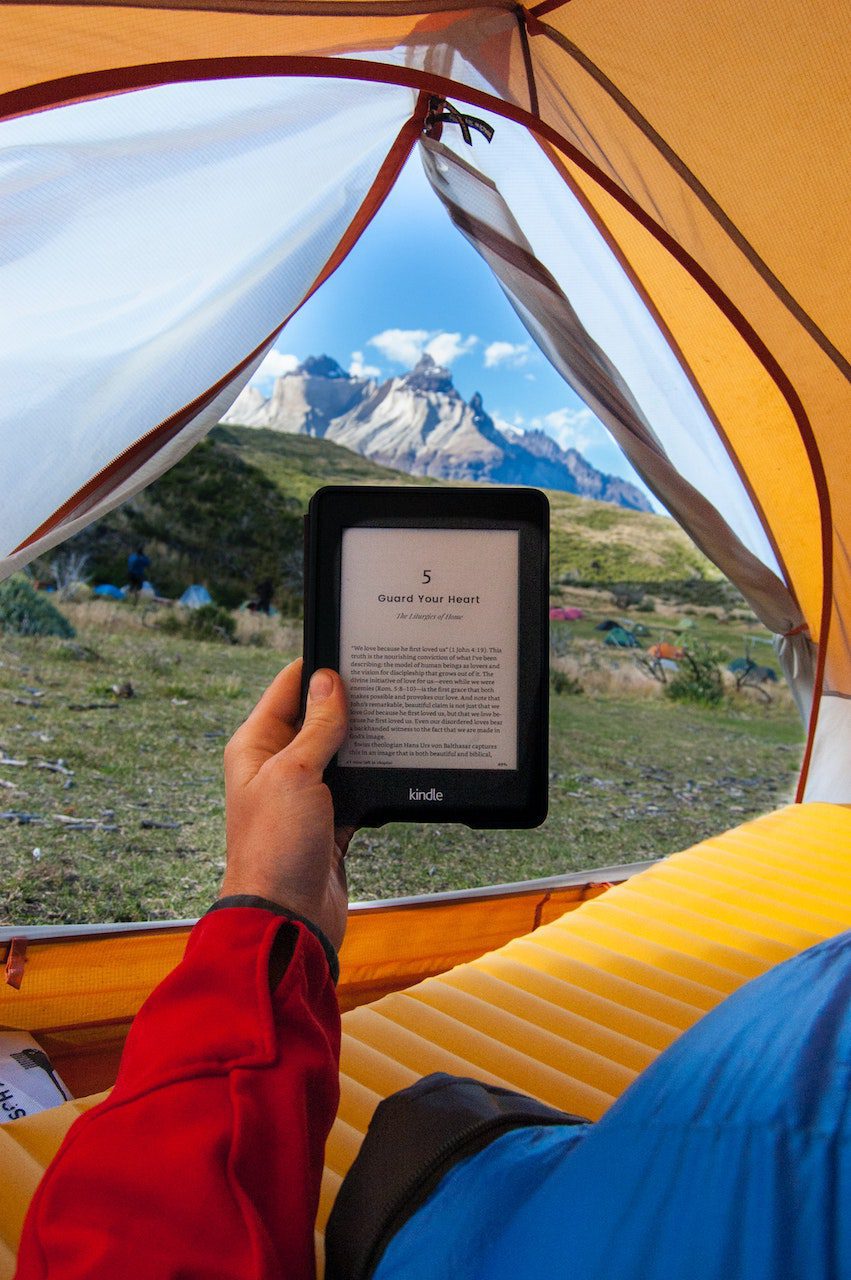
Whenever I am out backpacking by myself, I always have my kindle and journal on me as a means of entertainment when I reach camp. There is nothing better than reading a good book or writing down some thoughts next to a campfire when backpacking.
Final Thoughts:
Solo backpacking can be a gratifying and self-reflective experience. But the backcountry is no joke. As I said, backpacking solo can be dangerous without the proper preparation and skills. So stay safe and have fun out there!
There are affiliate links in this article where we will get a commission if you click through to make a purchase. The price of the product will remain the same affiliate link or not! Thanks for supporting my small business.

